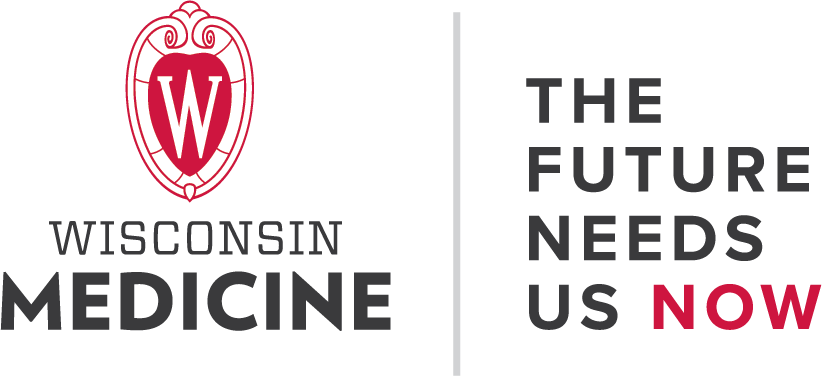Registered nurse apprenticeship launches in Wisconsin thanks to a generous gift
As part of UW Health’s ongoing commitment to addressing the nursing workforce shortage, the health system partnered with the Wisconsin Department of Workforce Development and Madison College to create one of the nation’s first registered nurse apprenticeships.
The first cohort of apprentices began in the Summer of 2023. The group consists of 16 employees already working at UW Health. Future cohorts will include new employees.
The four-year program is designed specifically to support racially, ethnically and socio-economically diverse health care personnel to pursue an associate degree in nursing and make them eligible to take the board examination to become registered nurses.
Workforce shortages across the health care industry have reached crisis levels, with high turnover rates for nurses nationwide and limited educational opportunities for those wishing to become nurses, according to Rudy Jackson, chief nurse executive, UW Health.
“We need more nurses – it’s that simple,” he said. “That means we need to create a supportive path for future nurses to join this rewarding profession.”
There could be a deficit of 20,000 nurses in Wisconsin alone by 2040, according to Amy Pechacek, secretary-designee of the Wisconsin Department of Workforce Development, which operates registered and youth apprenticeship programs for the state of Wisconsin.
“Wisconsin Apprenticeship continues to lead the nation in its innovation,” she said. “Innovative training programs like apprenticeships are the way we can support a strong workforce in the state of Wisconsin and connect job seekers to stable, sustainable career pathways.”
Apprentices receive comprehensive education and career pathway support from Madison College, according to Jack E. Daniels, president, Madison College.
The college’s faculty provides all the classroom instruction, including two years of pre-requisite coursework and two years of core nursing-specific courses in this apprenticeship program, pending approval from the Wisconsin Technical College System board.
“Supporting our industry partners to meet workforce challenges is critical,” Daniels said. “Together, created a program that will ultimately benefit not just the apprentices, but the people in our community and beyond who need compassionate and skilled nurses throughout their lives.”
All tuition, books and supplies, as well as full-time salaries and benefits for the apprentices are supported by UW Health and philanthropy. The program will also provide holistic academic, diversity, equity and inclusion and community support.
A program that reduces barriers to a career in nursing is directly related to quality patient care, according to Dr. Alan Kaplan, CEO, UW Health.
“The health care workforce shortage is one of the greatest challenges we see to meeting our community’s demand for patient care,” Kaplan said. “By providing the resources many need to become nurses, we are breaking down barriers historically underserved populations face when pursuing careers such as nursing, and ultimately diversifying the nursing workforce which also benefits our patients.”
UW Health hired two additional nurse educators, who are mentored by Madison College faculty. The nurse educators oversee the on-the-job training and clinical competency requirements for the nurse apprentices. Apprentices work as nursing assistants for the first two years of the program and as student nurses for the last two years.
Upon graduation and success on the board examination, the apprentices will transition into nursing positions at UW Health.
This innovative apprenticeship was supported thanks in part to a donation from Epic to Wisconsin Medicine, the philanthropic partnership between the UW School of Medicine and Public Health and UW Health.
Share Your Story
Did UW Health or the UW School of Medicine and Public Health have a life-changing impact on you or someone you love? Be part of the Wisconsin Medicine story by inspiring others with your story. Share it now.

